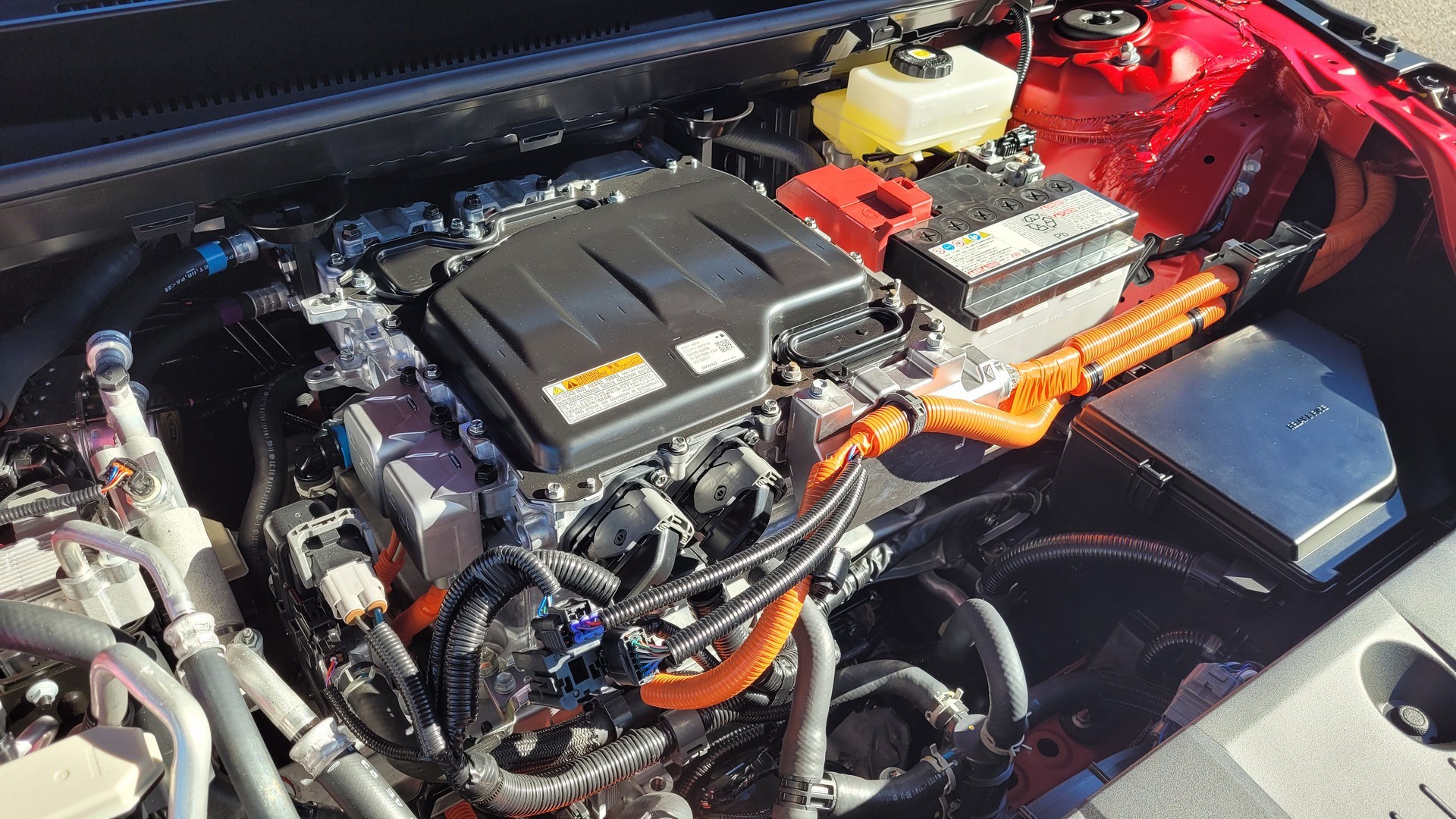Toyota say the bZ4X is just the beginning of what will be a major electric vehicle push that will see the automaker introduce 15 dedicated BEVs by 2025.
Speaking at an E-Volution event in California recently, Toyota officials say the brand is "pro BEV," and that the 15 dedicated BEVs set to be introduced by 2025 will include seven wearing the bZ (Beyond Zero) moniker.

The bZ4X's BEV-dedicated platform was developed in partnership with Subaru (its version will be called Solterra). It's roughly equivalent to a RAV4 in size, and Toyota says it pursued car-like handling combined with the off-road ability expected of an SUV. The 71.4kWh battery is packed flat under the floor, with the "e-axle" integrating the motor, transaxle and inverter. Range is 500km for the FWD and 460km for the AWD.
Those numbers are pretty average, but officials says the model has the “right range for the market.” Some people may think differently, but various pre-pandemic studies have shown the average American only travels 40 miles (64 km) or less per day.
“Toyota’s electrification strategy has always been based on introducing the right solution, at the right time, and in the right market,” says Toyota NZ chief executive, Neeraj Lala.
Toyota is already working on the next-generation of lithium-ion technology, and say solid state batteries are a ways off. Toyota added that when solid state batteries are ready, we'll start to see an “EV in every driveway.”
The batteries the automakers are currently working on promise to be cheaper than current batteries, while also having a higher energy density and a longer service life.
Despite the new focus on electric vehicles, Toyota doesn’t believe there is a single solution to the climate crisis. As a result, they’ll continue to offer hybrids, plug-in hybrids and fuel cell vehicles.
"Hybrid electric vehicles have proven to be the best transitionary low emission vehicle to bridge the gap while availability and affordability of Battery Electric Vehicles increase," says Lala.
“In 2021, we plan to deliver a record 11,000 hybrid electric vehicles to customers, which has had a huge impact on the carbon footprint of our total fleet. However, demand remains high for utes and commercial vans, where lower emission alternatives are yet to become readily available at an affordable price for small businesses."
“Our commitment is to offer customers all powertrain options until lower emission alternatives become available and affordable, which will take some time, and is unlikely in the timeframes set under the new Clean Car scheme.”







